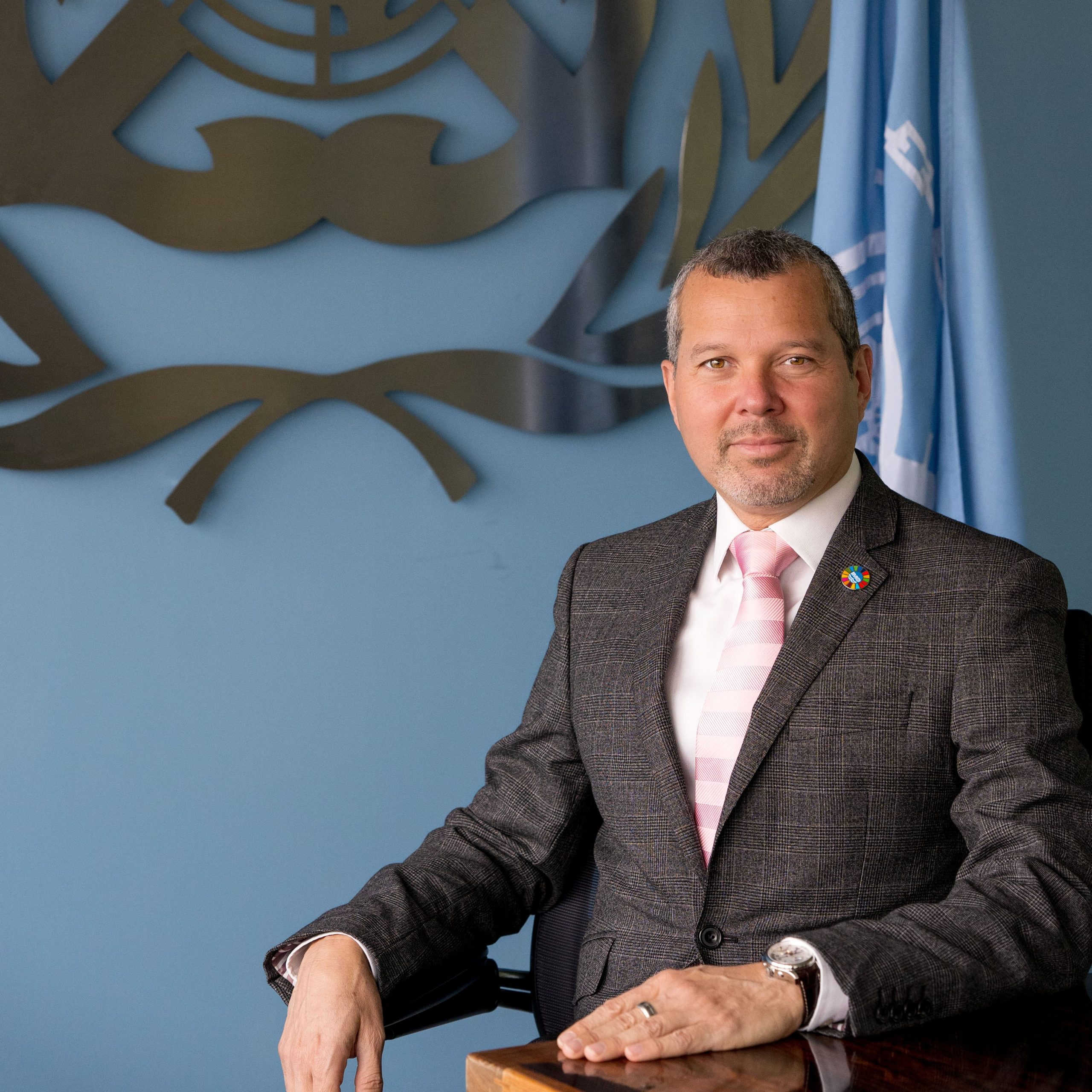Note from IMO Secretary-General

The Djibouti Code of Conduct was adopted in 2009 to support regional and national capacity to counter the threat of piracy and armed robbery against ships in the Western Indian Ocean and the Gulf of Aden. The Jeddah Amendment in 2017 extended the remit of the Code to address broader maritime security threats and tackle root causes.
With support from donor States and the goodwill and commitment of our partners and the regional States, we can be proud of the accomplishments to date. The 20 regional Signatory States share a network of Information Sharing Centres; Maritime Domain Awareness (MDA) has been enhanced; and thousands of people have benefitted from regional maritime security training. A growing number of coastal maritime surveillance systems have been implemented to assist small naval and coastguard forces in the region to focus their limited resources where they are most needed. There are an increasing number of cooperative operations at sea.
I would like to thank those donor States that have contributed generously in supporting IMO to carry out this work. We could not have done this without the goodwill and commitment of our partners and the regional States, including the “Friends of the DCoC”.
The DCoC/JA structure offers a forum to ensure communication among all countries in the region. This is more important than ever.
Incidents of piracy and armed robbery against ships in the region have dramatically declined since 2012. But we cannot be complacent.
We must be ready to respond to other maritime security threats, including illegal, unregulated, and unreported fishing (IUU), human trafficking and smuggling, marine pollution, wildlife trafficking, and crude oil theft remain prevalent. New and emerging threats are evolving, such as cyber-attacks against ships and maritime business, and the targeting of vital coastal installations using drones and mines. It is worth mentioning that seven thematic sub-groups were established recently under the Code to respond to some of these maritime security threats.
Geopolitical tensions since late 2023, with conflict-related attacks on international shipping in the Red Sea area, highlight the critical role of the DCoC forum in bringing States together to ensure freedom of navigation and protection of seafarers, cargoes and ships, to maintain global supply chains.
I am proud of the work of the DCoC and look forward to working together to further enhance maritime security, law enforcement and governance capabilities, facilitating maritime sector development.
Mr. Arsenio Dominguez, Secretary-General, International Maritime Organization
_____________________


